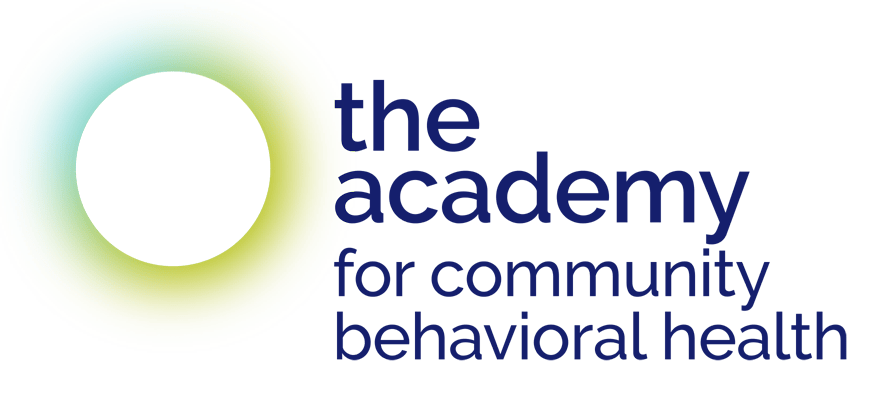Multi-Session (6 hours)
A Call to Action invites participants to examine the complexities of self-care and wellness as a birthright. We explore how the roots of our multi-layered behaviors impact our daily lives, mind, body, and spirit, both positively and negatively. Together over 4 sessions, participants will learn to recognize body, mind, and spirit disharmony and gain tools that include: ancestral connection, guided meditation, five element theory, herbal medicine, acupressure, aroma therapy, sound therapy, qi gong, and tapping – all to create an environment that fosters the practice of intentional, loving self-care and healing.
Multi-Session (16 hours)
Nalanda Institute’s Compassion-Based Resilience Training (CBRT) is a complete, evidence-based training in stress-reduction and self-healing developed and tested at the university hospitals of Columbia and Cornell, where it has been offered continuously since 1998. The Academy offers this course to help NYC non-profit social service providers strengthen mindfulness and compassion practices that can offer protection from the stress and trauma you may encounter in doing your jobs.
Multi-Session (10 hours)
Connecting Through Art and Creative Expression equips learners to engage children and young people through art-based experiences. Participants will learn to use art to build rapport, trust, and psychological safety in relationships with young people who have been impacted by violence. This course is centered in trauma-informed theory and practices, and is taught by licensed creative arts therapists. Each week, participants will explore a different kind of art material and experience the benefits they can offer. Participants will be guided to apply these techniques between course sessions and learn how to facilitate art activities within their own scope of practice at their organization. In the final week, each participant will present on their experience of using art and creative expression with children and young people impacted by violence.
Multi-Session (12 hours)
This course explores the healing methods that have allowed communities to survive and thrive in the midst of intergenerational, complex, and mass trauma. Beginning with an exploration of how we ourselves can cultivate healing practices, we then tap into how our communities and lineages have cultivated wellness throughout time. Together, we share healing modalities and practices that have allowed our families and communities to thrive and overcome adversity.
Multi-Session (16 hours)
This 8-session course will enhance participants’ capacity to navigate conditions of fear and uncertainty by orienting to our biological and communal practices for safety and belonging. Participants will build individual and communal resilience skills that support them to act courageously, and encourage those they lead to do so as well, as we collectively survive a historical period rife with existential threats and the attempted erasure of social equity. This course includes both education and practice, drawing on Black Feminist poetic, cultural, and academic lineages, as well as Black and indigenous approaches to trauma healing and cultural practice.
Multi-Session (8 hours)
Foundations of Care is the first in a series of courses to prepare supervisors to advance racial equity and trauma-informed care within organizations. Through co-design with a cross-section of NYC social service providers, the Academy developed this course to help supervisors orient toward practices for acknowledging and mitigating the harms of persistent systemic inequalities – on yourselves, your supervisees, your organizations, and the communities you serve.
Multi-Session (10 hours)
This advanced 5-week course offers an immersive exploration of art-based techniques for empowering children, teens, and adolescents who have experienced trauma. Building on the Academy’s introductory course, Connecting Through Art and Creative Expression, this course will help learners expand and strengthen skills to support young people through creative expression. The techniques in this course can be used with young people who are affected by violence in a range of ways, including in their communities, homes, schools, the immigration process, or other oppressive systems.
Multi-Session (9 hours)
This two-part course integrates theoretical frameworks with practical communication skills to consider how we can bring a more holistic approach to our work with people who use drugs. The first session introduces Dr. Zinberg’s “Drug, Set, Setting” framework to develop a multidimensional understanding of drug use, examining how pharmacological properties, individual characteristics, and societal factors interact. The second session introduces Motivational Interviewing techniques that you can use to help community members develop their own insight, grow confidence in their capacity to make changes, and honor their autonomy—core elements of self-determination theory and facilitating meaningful change.
Multi-Session (9 hours)
This three-part series will be a collaborative reimaging of the traditional SBIRT (Screening, Brief Intervention, Referral to Treatment) framework through a critical, compassionate lens that centers client autonomy and recognizes the complex factors influencing substance use. Together we will challenge ourselves to move beyond conventional medical models, exploring how we might develop more nuanced approaches that acknowledge diverse experiences of drug use and pathways to change.
Multi-Session (7.5 hours)
This course introduces current research about grief, loss, attachment, and resilience, along with helpful strategies for supporting bereaved people. Participants will learn culturally responsive and person-centered ways to support community members, employees, and co-workers who are impacted by grief, including when someone may benefit from therapeutic support. We will also explore how our personal experiences of loss can impact our work with bereaved community members. This is an interactive course that involves presentations, film, discussion, and role plays.
This course satisfies the prerequisite for the Skills-Based Certificate Program, Principles of Grief Support.
Multi-Session (4.5 hours)
This series equips NYC non-profit care providers to deepen your awareness of how seasonal shifts affect your health. You will develop a personal, seasonal practice that supports physical, emotional, and communal wellbeing. Each 4.5-hour course in this series explores how specific seasonal and life patterns intersect, and how aligning with natural rhythms can foster greater health and resilience. You will gain personalized insights and tools from a range of ancient and contemporary healing traditions, including Ayurvedic principles, five elements theory, and herbal medicine.
Learners may choose to take one or more upcoming courses in this series: Winter, Spring, or Summer Wellness Mapping.
